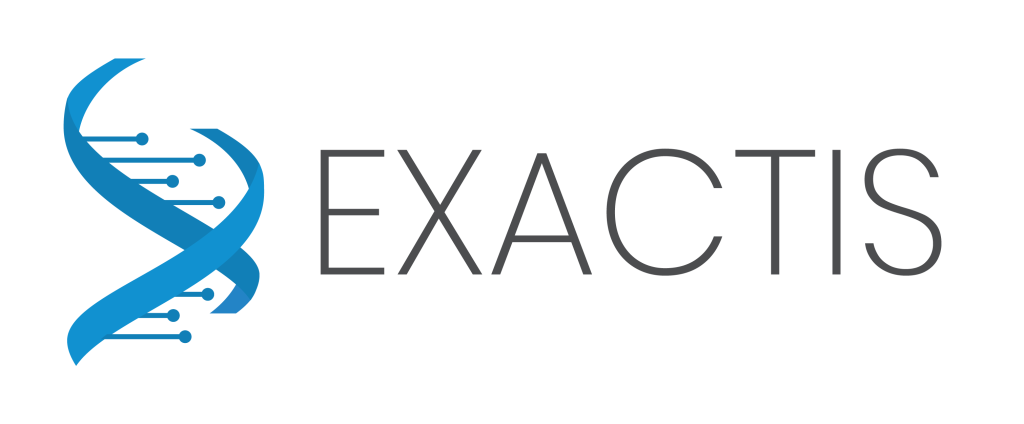BLOG > What’s With RWE – Joan Paulin
24 May 2024
Rare Disease Advocacy and Real-World Evidence with Joan Paulin
Joan Paulin has been instrumental in advocating for rare disease awareness and improving access to life-saving treatments. In this conversation, she shares her personal journey, insights on rare diseases, and the vital role of real-world data (RWD) in creating a better future for patients.
Meet Joan: A Mother and Advocate
Joan didn’t want a long introduction, but her story speaks volumes. As the mother of a national-level figure skater who was diagnosed with severe pulmonary arterial hypertension (PH) at just 24 years old, Joan had to become an advocate for her daughter’s health—and for the wider rare disease community. From the moment her daughter was diagnosed, Joan has been involved with the Pulmonary Hypertension Association of Canada and has worked tirelessly to raise awareness and push for better access to treatments.
Pulmonary Arterial Hypertension (PH) – A Life-Altering Diagnosis
PH is a rare and progressive disease that narrows the pulmonary arteries, making it increasingly difficult for the heart to pump blood through the lungs. Joan’s daughter’s journey from being a competitive figure skater to someone struggling to climb stairs without fainting exemplifies how fast this disease can take hold.
Joan shares how difficult it is for PH patients to get an early diagnosis, as symptoms like shortness of breath and chest pain can easily be mistaken for other conditions. In her daughter’s case, it took a severe episode for doctors to finally identify PH—a diagnostic odyssey all too common in the rare disease community.
The Power of Real-World Data for Rare Disease Treatment
A major theme of this episode is the transformative potential of real-world data (RWD) and real-world evidence (RWE) for rare diseases. Joan explains that traditional clinical trials are often not designed with rare disease patients in mind. Small patient populations, geographical barriers, and exclusion criteria make it nearly impossible for many patients to participate in trials, limiting their access to new treatments.
RWD can help fill these gaps by providing insights from real patients living with these diseases outside of the controlled clinical trial environment. As Joan puts it, real-world data allows us to see how treatments work across diverse patient populations—something that’s especially important in rare diseases where every patient counts.
Managed Access and Accelerating Treatment Approvals
Joan also discusses the idea of managed access agreements, which could allow patients to access treatments earlier while ongoing data collection continues to inform the drug’s full approval. For rare disease patients, time is of the essence, and managed access could be a game changer.
However, she highlights the challenges that come with high drug costs and the complexity of getting treatments approved and funded. Despite a recent drug approval in the U.S. for PH (sotatercept), Joan explains how the journey for funding and equitable access across Canada is still a long road.
Advocating for Change: The Role of Patient Advocacy Groups
As a patient advocate, Joan is deeply involved in pushing for policy changes that can improve access to rare disease treatments. She emphasizes that collaboration is key—not just within the rare disease community but also across healthcare, policymakers, and the pharmaceutical industry.
Joan shares how patient organizations like PH Canada are working to ensure that once new treatments are approved, they are made accessible to as many patients as possible across all provinces. She also touches on the idea of “postal code lottery,” where access to life-saving treatments can vary depending on where in Canada a patient lives.
What Needs to Change: Moving Towards Faster Approvals and Better Access
Joan concludes the conversation by outlining two key areas where she believes change is needed: funding decisions and clinical trial designs. She advocates for quicker funding approvals and more inclusive clinical trials that reflect the real-world diversity of rare disease patients. By involving patients earlier in the research and decision-making processes, Joan believes we can create a more equitable healthcare system.
Final Thoughts
This episode is an inspiring reminder of the power of advocacy, especially in the rare disease space. Joan’s insights into the challenges faced by patients and their families underscore the urgent need for innovation in drug approvals, access, and the role real-world evidence can play in improving outcomes for those with rare diseases.
Joan’s journey is a testament to the power of patient advocacy, the importance of collaboration, and the potential of real-world evidence to change the landscape of rare disease treatment.
